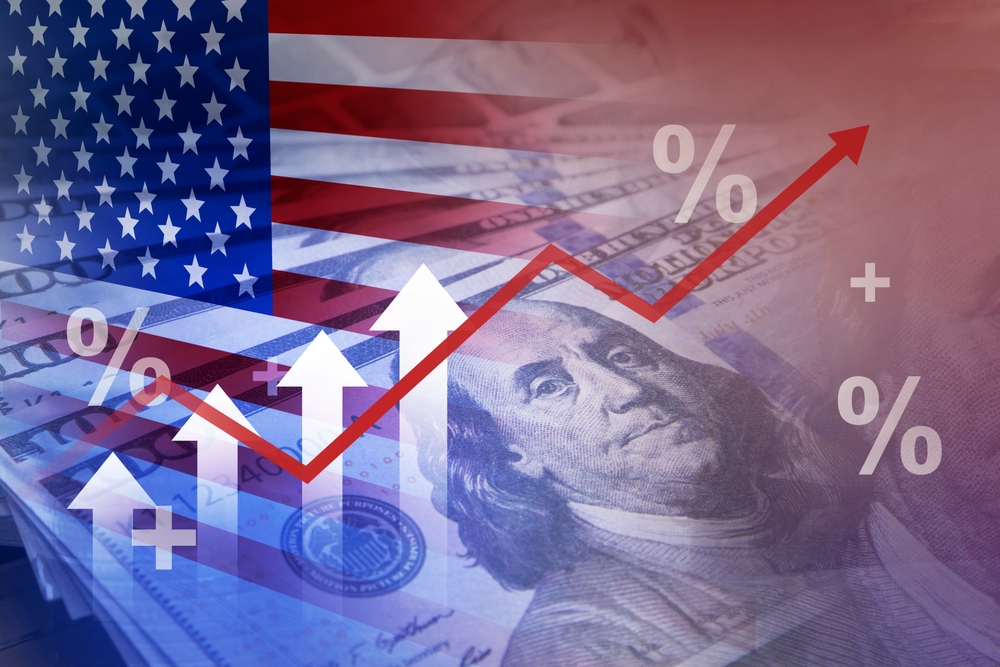In our previous newsletter, we informed you about the recalibration of our strategy following the war in Ukraine: international diversification, protection against inflation and active management. In fact, this meant a continuation of the strategy we had already embarked on in early 2020 when the corona crisis broke out, but with an even stronger conviction of the necessity of these three components. The war in Ukraine has further underlined the importance of this.
1. The war in Ukraine seems to be stagnating
While our primary concern is the loss of life and destruction of Ukraine, the war will also have far-reaching economic consequences. In particular, Europe will be hit hard economically. The stagnation of the war does not seem to be good news. For the first time since 1945, Europe has been embroiled in a war whereby it is trying to protect its own peace and democracy. Since the collapse of the Soviet Union in 1991, Russia, to its great frustration, has never been able to be an economic bloc of any significance.
Moreover, NATO’s expansion towards the East in recent decades, with the United States as the main power behind the scenes, has caused much ill feeling among Russians. The loss of influence on the world stage since the collapse of the Soviet Union was a real humiliation for Russia. That humiliation, combined with the rise of a bloc of dictatorships, has encouraged Russia in its expansionist designs. The world views of this bloc of dictatorships, on the one hand, and of the democracies, on the other, are miles apart. There is a great deal of mistrust between these two world views.
2. China’s stringent corona policy
Despite the growing economic pain, we should not expect President Xi to ease his zero-Covid policy easily. However, many observers do not understand this policy, but it has everything to do with power. In an effort to secure his third term later this year, he will be prepared to maintain the current strict policy. That will test loyalty within the Communist Party. Even if it costs a few percent of economic growth. And if this leads to supply chain problems in the rest of the world then that is seen as collateral damage.
For Europe and the US, a good starting point should be a better understanding of this geopolitical situation. Ultimately, we will have to treat Russia, China and the rest of the world differently, without compromising our democratic principles, which we regard as very important. “Beyond the fight lies the greater fight”, the Ottoman sultans said, the fight for a lasting peace. However, this requires mutual understanding and that now seems further away than ever.
3. Asset Allocation
For the time being, inflation and rising interest rates are the main themes in the financial markets. For many observers, the current geopolitical situation is the main cause of inflation, which is now booming. Without doubt, rising energy prices and supply chain problems are contributing to inflation. But, above all, it is the mix of very aggressive monetary and fiscal stimulus measures, launched in 2020, that has led to the current situation of very high inflation. Economist Milton Friedman said: “Inflation is always and everywhere a monetary phenomenon in the sense that it is and can be produced only by a more rapid increase in the quantity of money than in output.”
US inflation is now at its highest level since 1982 and currently stands at around 8.3%. In Europe (euro zone), inflation is around 8.1%. It is too early to say whether we have seen the peak in inflation. Moreover, research shows that the trend is now broad-based and affects all sectors. Despite the massive monetary and fiscal support measures that central banks and governments deployed in the spring of 2020 to fight the corona crisis, inflation remained absent until the spring of 2021. Central banks made no secret that they wanted higher inflation and they adjusted their inflation targets. When inflation finally began to rise rapidly in the second half of 2021, central banks initially thought that it was only temporary. But the war in Ukraine and the zero-covid policy in China have changed the situation. Central banks have been caught off guard by the rapid pace at which inflation has risen. They have accelerated the phasing out of their expansionary monetary policies and several rate hikes are in the offing for the rest of 2022. Investors expect short-term interest rates in the US to rise to 3% by the end of this year. And the European Central Bank is expected to abandon its policy of negative interest rates early next year.
4. What do these developments mean for our policy?
At the end of 2021, we substantially reduced the interest rate sensitivity of our bond portfolio, thereby reducing the risks. In addition, we still invested a substantial part (40%) of our bond investments in inflation-linked bonds. This combination worked very well in the first quarter of 2022, in which long-term interest rates rose sharply and inflation rose further. From a diversification perspective, we have also invested a significant part outside Europe and are confident that this strategy will pay off in the coming years. Moreover, with the currently higher interest rates, bonds are becoming more attractive for new investors.
In the equity markets, we have seen better than expected first quarter results from our companies across a broad front. However, for the first time since 2011, we have seen negative price reactions even though results have been better than expected. The reason for this is uncertainty about earnings trends in the coming quarters due to the impact of inflation and rising interest rates, the war in Ukraine and bottlenecks in supply chains and in the labour market. This combination of increasing profits and falling share prices actually means a revaluation of equities. Consequently, equities have become significantly cheaper. This prompted us to take profits on our previously purchased protection strategy.
Conclusion
Our focus is and remains on companies that generate an attractive free cash flow, combined with a strong balance sheet and an undervaluation on the stock market. The shake-out in anything that does not deliver cash flow (crypto-currencies) or that was overvalued (certain tech stocks) has been huge in recent months. As active managers, we are not tied to indices, thus we are not “forced” to buy overvalued shares. With an investment process and valuation methodology that have proven their resilience, we are confident about the future.




